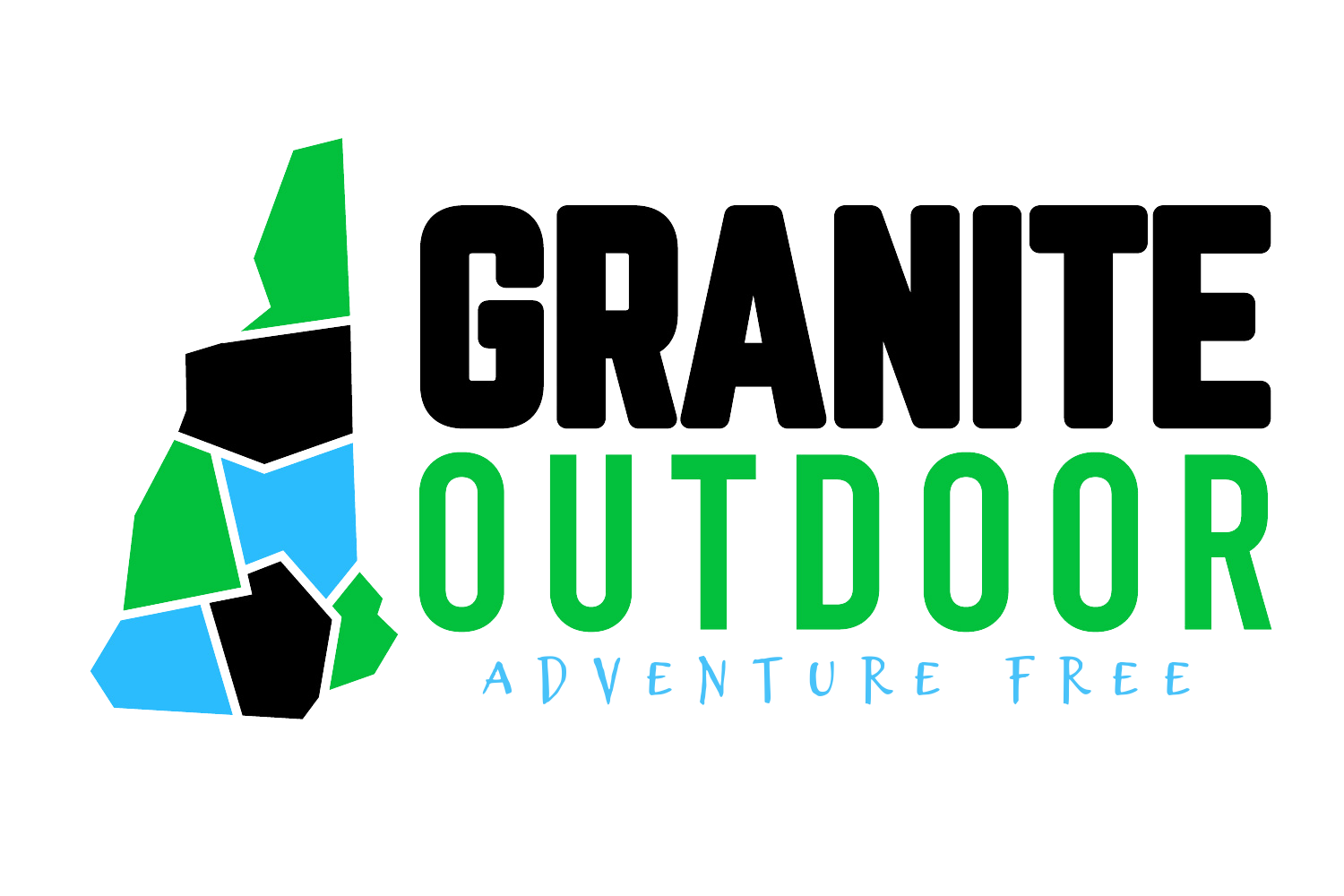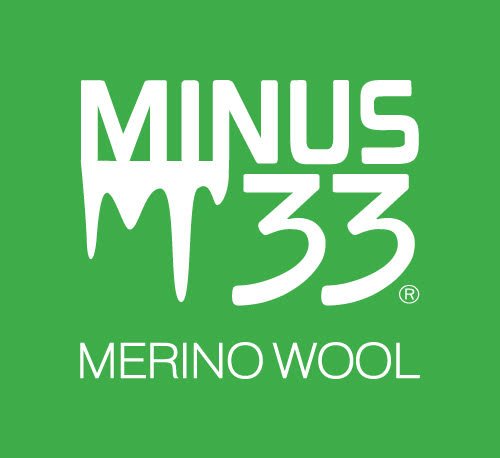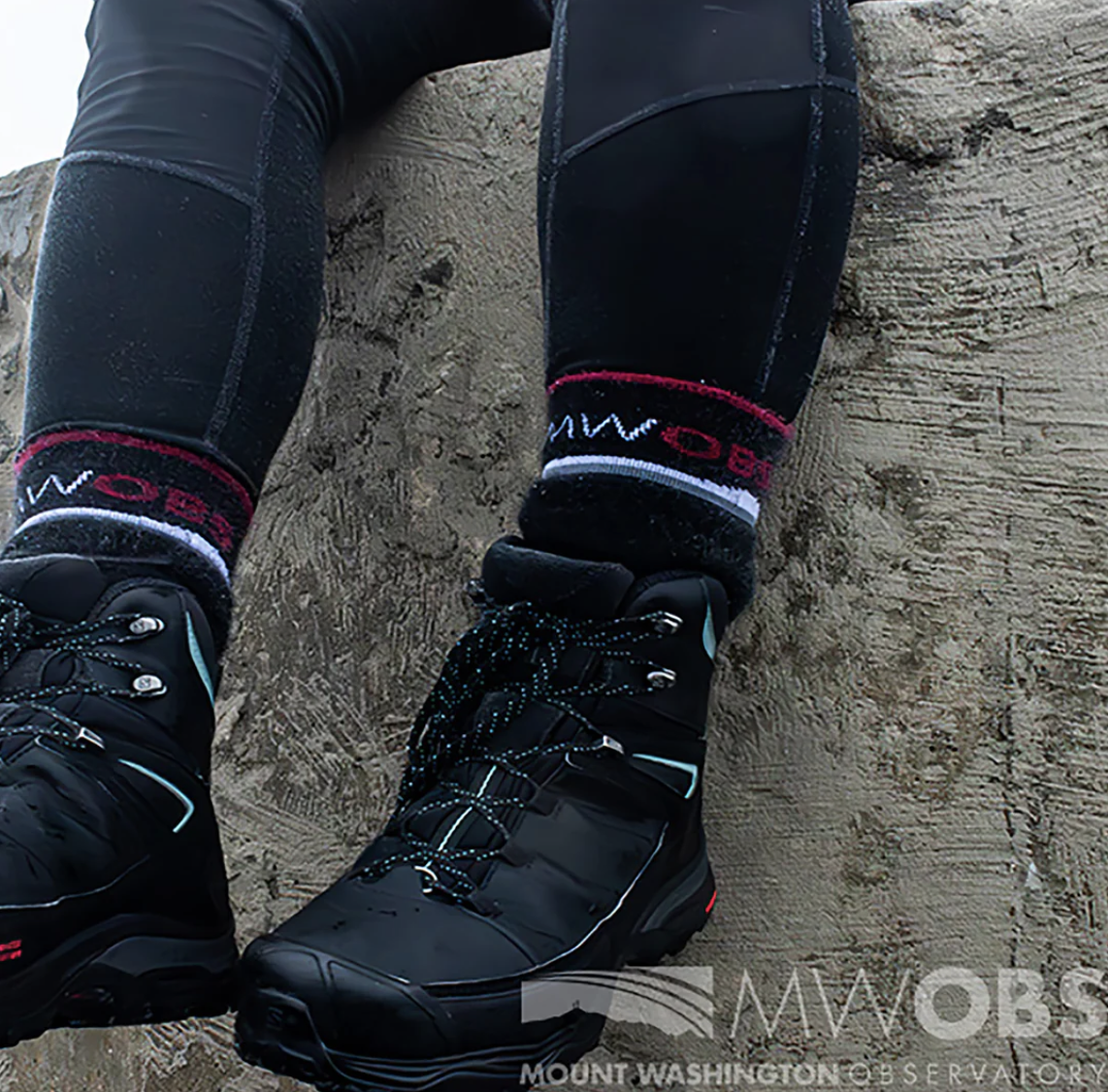
Far too often we read about unprepared hikers, hunters and others seeking the so-called epic backcountry experience. Their lack of preparation puts not only themselves at peril, but also the search and rescue teams that unfailingly risk everything to provide life-saving assistance in some of the harshest climates on Earth. Enter Ashland-based Minus33, a high performance, merino wool clothing company that draws on more than 100 years of experience.
Several years ago, Minus33 partnered with the New Hampshire Fish and Game Department to develop the Hike Safe Card, which educates backcountry enthusiasts about necessary preparations.
Frequently, search and rescue volunteers were encountering victims desperately in need of warm, dry clothing. Without hesitation, these volunteers would provide their own extra socks, hats and layers–because after all they come prepared–only to never see those items returned.
Minus33 had a solution. It developed search and rescue (SAR) kits comprised of essential head-to-toe wool clothing that could be efficiently deployed in any weather condition. The company donates SAR kits to emergency response teams in Maine, Vermont, New Hampshire and Colorado and uses garments that were returned or are slightly imperfect, thereby reducing waste all the while literally helping to save lives.
“Sustainability is ingrained into our brand and staff culture”, says Minus33 President Lawson Glidden, noting that employees regularly participate in trail maintenance and other community events. “We always try to align with our safety, educational and environmental values.”
Moving beyond its role in helping search and rescue teams, Minus33 is mindful about the sourcing and sustainability of its raw materials and treatment of workers and sheep. The company is vocal in its efforts to be transparent about the wool it uses and how it is regenerative, biodegradable and anti-microbial.
While its wool comes from Australia, and therefore carries a transportation footprint, Minus33 demands that it is ethically sourced. The company uses third party verification to ensure that rigorous standards are met or exceeded. For example, it partners with the Responsible Wool Standard, which requires wool farmers to meet animal welfare, land management and social requirements. Minus33 also works with the Global Organic Textile Standard, an organization certifying agricultural and social practices.
The company is also using its New Hampshire-made products to raise awareness about issues that are important to its stakeholders. In April, Minus33 released a limited edition Earth Day sock and sent a portion of the proceeds to One Tree Planted, which works to promote biodiversity and protect native species in Australia. More recently, the company developed a hiking sock, in collaboration with the Mount Washington Observatory (MWOBS), that can stand up to the legendary world’s worst weather.
“A partnership with Mount Washington Observatory gives us some tremendous testing opportunities,” said Minus33’s Glidden. “Its unique location offers an environment comparable to Antarctica and the polar regions, making it a perfect testing ground for our expedition-weight merino.”
Minus33 is donating 10 percent of the sales from the MWOBS Mountain Heritage All-Season Hiking Sock to the observatory’s efforts to advance weather and climate research, as well as innovative science educational programs.
In the end, Minus33 wants outdoor adventure seekers to be prepared and outfitted with durable and comfortable clothing that has a limited environmental impact. The quality and features of Merino wool help with much of that, but the company’s unique commitment to safety and sustainability is separating itself from the flock.
GO Sustainable Tip of the Month
Take a page from Minus33’s book and identify what you value beyond the confines of your enterprise. For example, employees at a restaurant might be passionate about food waste. In this case, determine what resources or partnerships you can develop to ensure that any extra food is donated, composted, or repurposed. Rewarding employees for championing or participating in these endeavors is always a good idea. Critically, they can also engage with customers about what the business is doing and why. If your company is proactively solving a problem, be proud and let your stakeholders know.
Andrew Schuyler splits his time between Conway, NH and Melrose, MA. He serves on the board of the White Mountains Interpretive Association and has a background in journalism, clean tech, and government affairs. He enjoys hiking and skiing (sometimes together), and has come to terms with losing regularly to his kids in backgammon and Quiddler. Reach him at andrewschuyler@hotmail.com.




